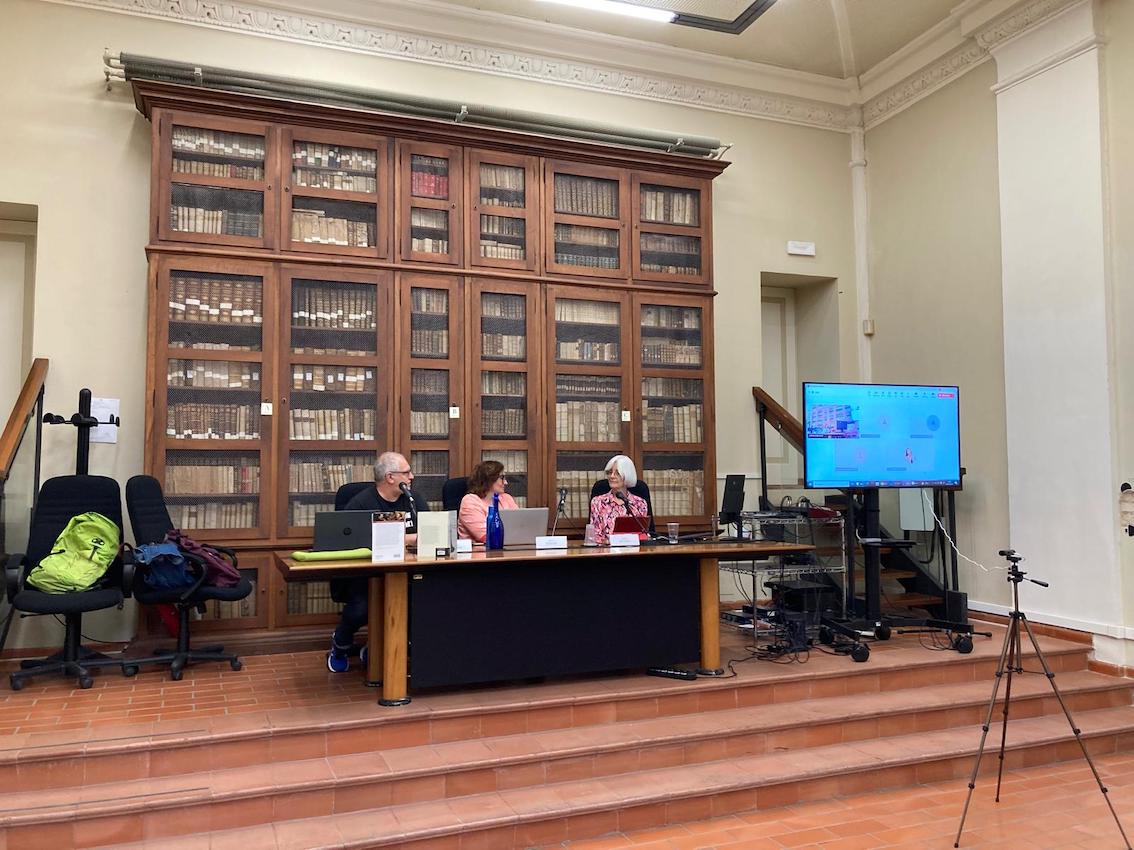Sir John Finch (1626-1682): anatomist, humanist and diplomat in Italy and the Ottoman Empire
Sarah HUTTON | University of York
The ninth cycle of seminars on Adriatic Humanism concluded on Tuesday, May 6, with a stimulating lecture by Sarah Hutton (University of York) on the figure of the English philosopher and physician John Finch (1626–1682).
Her presentation of Finch’s biography revealed the plurality and heterogeneity of interests that characterized him and are reflected in his work. Described as a “virtuoso” due to his elusiveness from any fixed category or singular field of expertise, the most fitting designation for his activity and intellectual profile is that of a humanist. Deeply engaged in Italian intellectual life, he studied medicine in Padua and in 1655 was appointed Professor of Anatomy in Pisa, eventually becoming a member of the Accademia del Cimento. From 1672 to 1681, he served as ambassador to the Ottoman Empire.
As the speaker emphasized, Finch’s humanistic approach is most evident in his long and composite treatise, a manuscript that remained unknown and was never published. The text consists of commentaries on a wide range of subjects, including music, art, antiquarian studies, and more broadly, science, poetry, philosophy, and medicine. A materialist and anthropocentric vision of nature emerges, grounded in observation. For Finch, knowledge is an internal transformation triggered by the senses: For all knowledge is either an inward alteration from the present outward affection of the ‘Sensorium’ or organ of sense or else the memory of some alteration before perceived.
Another aspect that reveals Finch’s humanistic conception of medicine is his reverence for antiquity. His numerous references to authors such as Aristotle, Plato, Plutarch, and Machiavelli are not mere rhetorical flourishes but stem from the belief that medicine has ancient origins.
Thank you all for your participation and we look forward to welcoming you again next season.
